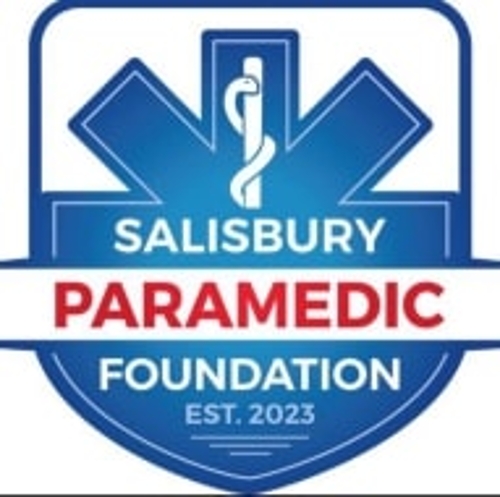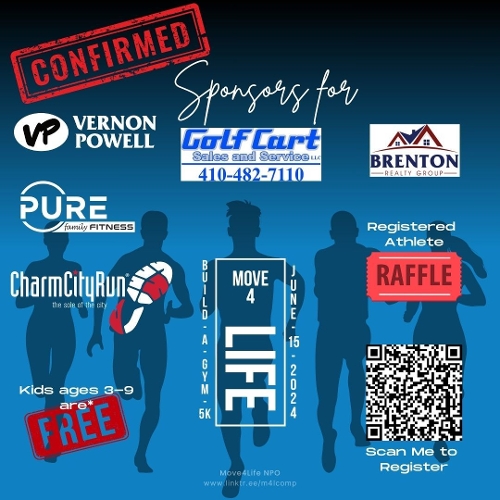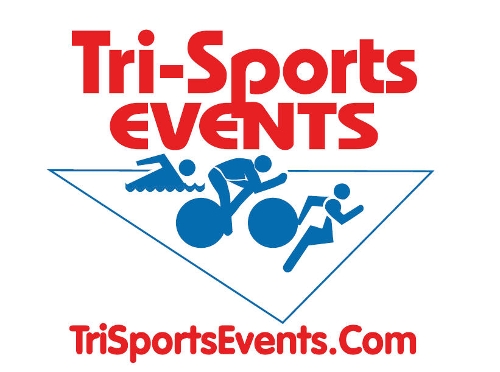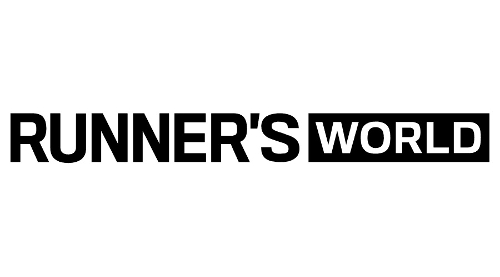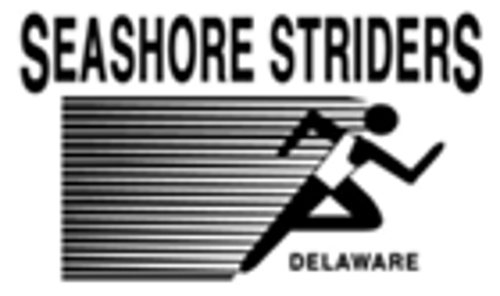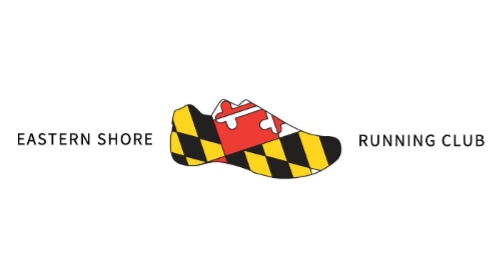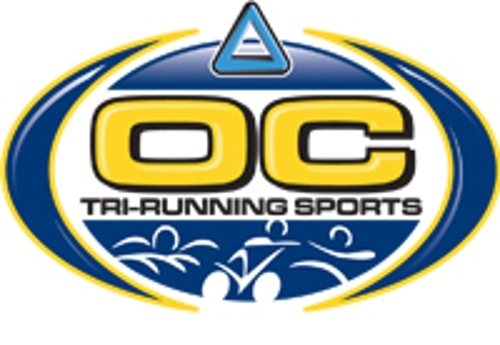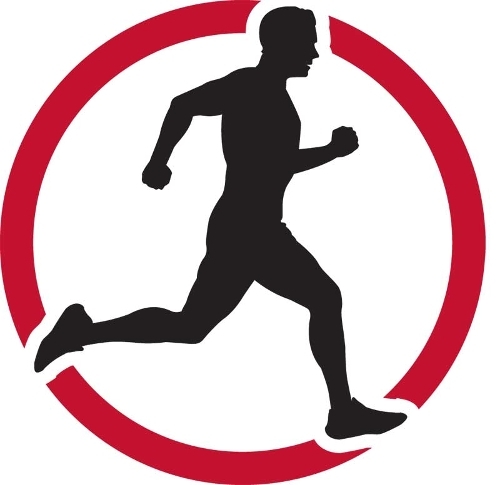Choosing the proper running shoe isn't quite as complicated as nuclear fission, but it can be a daunting task for beginners to sort through all the models and high-tech shoe systems. The best place to start the shoe selection process is a running shoe store.
A running store should be a fun place to go and shop. But with all the new, colorful models on the shoe wall and the slim, fit people gathered about, it can also be an intimidating place for a newcomer. Still, a good running store should cater to the beginner's needs and the experienced. If you don't feel the store's salespeople are receptive to your needs, talk over your head, or are condescending, go elsewhere.
16 Steps To the BEST Running Shoes
1. It's important to understand that you need to buy a shoe specific to running if you plan to run. Not a sneaker, tennis shoe, cross-trainer, aerobic, basketball, or walking shoe, but a running shoe made for running and only running.
2. The best way to get a high-quality running shoe that fits you properly is to go to a running store. There are plenty of sporting goods chain stores that carry running shoes, but only running shops carry a wide selection of brands and models and have running experts who can put you in the best shoe for you. If you don't know of a running store in your area, ask a runner you know. Chances are pretty good; they can recommend one.
3. Once you've found a running store, commit to spending at least 30 to 45 minutes there. Don't rush your shoe selection process. Once there, check out the shoe wall. It will give you a good idea of the latest models and prices. Another good hint is to pick up a Runner's World Shoe Buyer's Guide, published in March, June, September, and December each year. In it, all the newest models of running shoes are evaluated.
4. While checking out the shoe wall, a salesperson will undoubtedly ask whether you need help. Make sure the salesperson is a runner who understands your needs or requests to see someone else.
5. Bring the socks you most often use for running. The wrong socks (either too thin or too thick) will alter the fit of the shoes you're trying on. If you don't have running socks, buy a pair at the store and wear them when trying on shoes.
6. If you have been running, bring the shoes to the store you have been running in. They will help the salesperson better determine the specific pair you need. If you wear orthotics, bring them as well.
7. Have both feet measured for width and length - even if you think you know your size. Your feet tend to spread and lengthen (from running and aging), so don't be surprised that your running shoes maybe a half or full size larger than what you're accustomed to wearing.
8. Discuss with the salesperson the particulars of your running history. Such variables as to how long you've been running, miles per week you run, the predominant surface you run on, racing background or races that loom in the future, and other characteristics of your running are all helpful to the salesperson pulling out the right shoe for you.
9. If you have not been running much (or at all), be honest. It can be intimidating talking to a shoe-savvy salesperson, but a good one won't try to confuse you with techno-babble. If you don't understand a term or technology, ask the salesperson to explain it.
10. If your running is in the beginning stages, don't assume you need the least expensive shoe available. You won't need the most expensive either, but you will need just as much cushioning and durability as a more experienced runner. Plan to spend between $75 and $90 for a high-quality technical model running shoe. More prominent runners who need added support and durability might have to pay a little more.
11. Your primary need is a pair of shoes that fit well and feel comfortable. Fit and feel are certainly an individual decision, but look for running shoes that fit snugly (without being tight) with about a half-inch (or slightly less) room between the longest toe and the end of the shoe. Your toes should not feel cramped or squished. Your heel should not slip in the rearfoot when walking or running. If one aspect of the fit is incorrect, don't buy the shoe.
12. If you like a particular shoe, but don't feel it's wide enough (or too wide), ask the salesperson if it's available in more than one width. Many models are. New Balance offers all of its best running shoes at least three widths for men and women. Some brands (but not all) offer one or two widths in popular models.
13. Try on a wide variety of styles and brands. One brand isn't necessarily better than any other. Take your time. Put your running socks on (and if you wear orthotics, place them in the shoes) and walk around the store in the shoes. Jog around outside. If it doesn't feel or fit right in the store, it won't feel better when you run (just the opposite).
14. Make sure the salesperson watches you run. Some shoes could be wrong for you; for example, not enough support for big runners - and even if you can't tell, the salesperson should be able to.
15. Decide on two pairs and compare the two on fit and comfort. Ask the salesperson what the technical differences are between the two. Put one shoe from each team on and jog around to see which shoe feels better. Go with that shoe. If you can't discern a difference, ask for the salesperson's recommendation.
16. Ask about the store's return policy. Most good running stores have a liberal policy that allows you to return clean shoes and have not been worn a great deal. But check and always keep the sales receipt.

